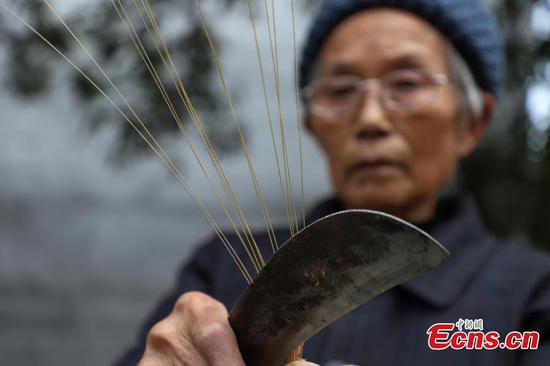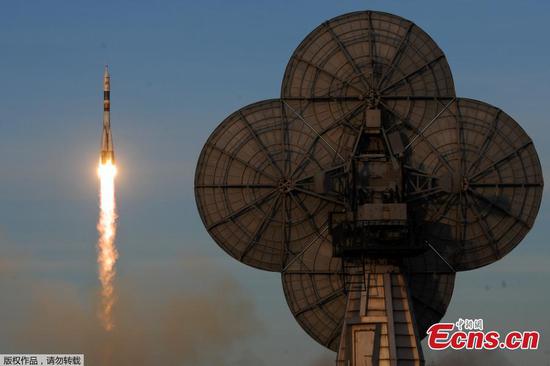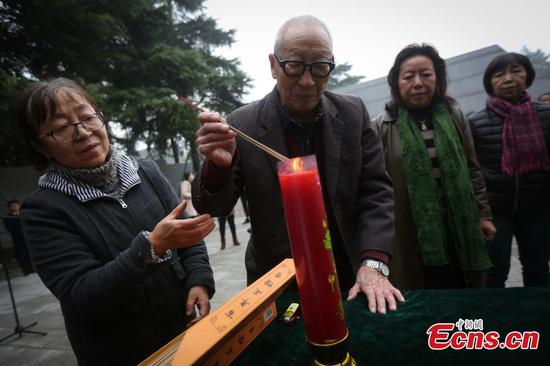The Ministry of Commerce said on Wednesday that the latest meeting between the presidents of China and the United States on economic and trade issues was successful, and the country has confidence in implementing the leaders' consensus.
The economic and trade teams of both sides will follow a clear schedule and road map in the 90-day window that was agreed upon for talks, a ministry spokesperson said.
China will start by implementing specific parts of the newly reached consensus as soon as possible, according to the spokesperson.
Wei Jianguo, a former vice-minister of commerce, said both China and the U.S. recognize that it was completely normal to have certain disparities in economic and trade issues, but the key is to appropriately manage the differences and find solutions acceptable to both parties.
The two nations should continue to maintain close contact and make more joint efforts to deepen bilateral ties, said Wei, who is now vice-president of the China Center for International Economic Exchanges.
China should stick to its established agenda of further opening-up in a timely manner, and make enhanced efforts to protect intellectual property rights, he said.
"A higher level of opening-up will drive high-quality development, and facilitate further economic integration between China and the U.S.," he said.
"We should make the economic and trade pie bigger, and help the U.S. see that China's development will bring more benefits to the U.S.."
Business leaders from both China and the U.S. believe that healthy and stable China-U.S. economic and trade ties are in the fundamental interests of the two countries and the world.
Pushing bilateral relations back to a normal track as soon as possible will also meet people's expectations in both nations, they said.
Cooperation has always been the only correct choice between China and the U.S., they said during the 11th dialogue between business leaders and former senior officials from China and the U.S..
The dialogue, led by former vice-premier Zeng Peiyan and Thomas Donohue, president of the U.S. Chamber of Commerce, concluded on Tuesday in Washington.
U.S. representatives who attended the meeting said both nations should eliminate potential tension-causing factors and avoid trade conflicts.
The U.S. business community supports the idea of strengthening cooperation with China, attaching importance to the hard-won achievements of four decades of diplomacy between the two countries and looking forward to substantive results in the next negotiations and consultations.
U.S. business leaders also said the two countries should look for areas of cooperation with common interests and further promote market opening.
Stable bilateral business ties help U.S. companies generate sales revenue in China because the nations' trade structures are fairly complementary, said Sang Baichuan, a professor at the University of International Business and Economics in Beijing.
Otherwise, it would cut their market share amid competition and affect stock prices, Sang added.
U.S. equities markets dropped on Tuesday, and volatility may continue before the situation eases. All three major indexes erased more than 3 percent at the close.
The Dow Jones Industrial Average fell nearly 800 points, or 3.1 percent, posting its worst day since Oct 10. The S&P 500 lost 3.2 percent, falling below its 200-day moving average.
The Nasdaq Composite declined 3.8 percent to drop back into correction territory.


















































